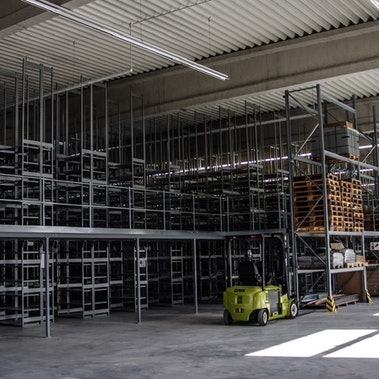This was first published on April 14, 2020.
As organizations face a likely significant drop in economic activity, uncertainty is widespread, and all businesses must prepare for different scenarios. Research and development (R&D) and engineering companies are no exception and must adapt accordingly as well.
The impact of COVID-19 on R&D and engineering is less apparent than in other sectors, but it could be highly dangerous in the medium-term. There are many visible consequences affecting product development, such as reduced engineering capacity, efficiency losses, inept processes, inadequate tools environment and network, and engineering supply chain disruptions. At the same time, the impact on the mid- to long-term situations is somewhat hidden. While leaders' primary focus is on employee safety and production shut down and restarts, research and product development lack top management attention. With the future market and customer demand unclear, priorities across R&D projects are uncertain as well.
R&D and engineering organizations should look to prioritize reducing costs as much as possible without endangering critical programs or losing essential skills. This is not an easy feat, but we have comprised three main levers to do so: reprioritization of programs portfolio, resource allocation, and agility enhancement. By reviewing the programs portfolio and making reprioritizing based on likely demand forecast, organizations will be better prepared to manage during the expected demand forecast. Next, resources must be reallocated to where they will add the most value. Last, organizations should also enhance agility to address the uncertainty that will remain for the foreseeable future.
Our latest research report aims to guide R&D and engineering businesses as they reduce costs and work to manage the impacts of COVID-19.





